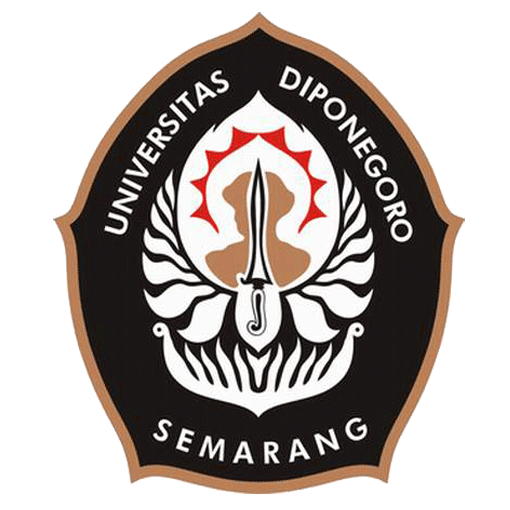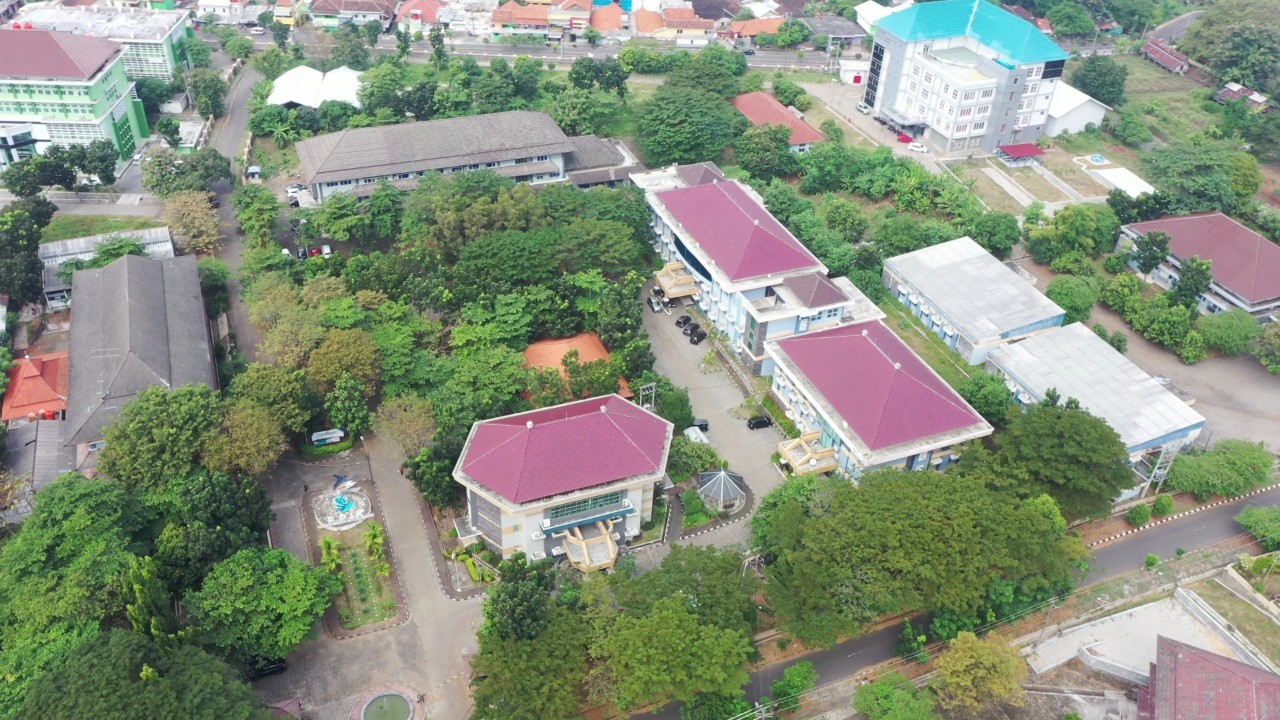The fisheries and marine sector is one of the great potentials in Indonesia as it certainly plays a very important role in maintaining maritime strength in this nation. Indonesia is a large country consisting of islands and has a large natural wealth. As a maritime country, Indonesia has enormous marine resources.
Diponegoro University has a Faculty of Fisheries and Marine Sciences (FPIK) which has study programs in Aquaculture, Marine Science, Aquatic Resources, Oceanography, Capture Fisheries, and Fishery Products Technology. The students will learn a lot of knowledge in these study programs.
The Marine Science Undergraduate Study Program has been accredited A with a Bachelor of Science (S.Si.) graduate degree. Lectures in this study program will provide knowledge about marine resource biodiversity, marine exploration and bioprospection, marine biotechnology, marine resource conservation, marine disaster and pollution mitigation, marine dynamics and marine instrumentation. The profiles of graduates are marine researchers, marine educators (instructors), marine rescuers (conservation) and marine planners.
The Aquaculture Undergraduate Study Program has been accredited A with a graduate degree in Fisheries (S.Pi.). In this study program, you will learn between fish hatchery and breeding, fish nutrition and feed, fish rearing technology, aquaculture environment, fish management and health, basic science of aquaculture and supporting science, and development of aquaculture and soft skills.
These knowledge are certainly very useful in the world of work, the profiles of Aquaculture graduates include business actors and aquaculture developers, managers, educators and extension workers, researchers and consultants, and environmental saviors.
The Oceanography Undergraduate Study Program has been accredited A with a Bachelor of Science (S.Si.) graduate degree. The material to be studied in this study program is the basics of natural science knowledge which includes physical oceanography, chemical oceanography, geological oceanography, fisheries oceanography, biological oceanography, oceanographic engineering, oceanographic modeling, coastal and marine disaster mitigation, remote sensing and ocean mapping, geographic information systems, meteorology and marine climatology, coastal and marine disaster mitigation, marine radionuclide, coastal and marine resource exploration technology. As for the profile of graduates as oceanographic scientists (researchers), educators, managers, and entrepreneurs.
The Fishery Product Technology Undergraduate Study Program has been accredited A with a graduate degree in Fisheries (S.Pi.). The materials studied include biochemistry of fishery products, microbiology of fishery products, handling technology, processing technology, fermentation technology, biotechnology, product diversification and development, development of fishery waste, quality testing, standardization and quality assurance, packaging technology, and industrial management. This study program also creates a profile of quality graduates such as quality control managers, production managers in the fishery product processing industry, researchers, extension workers, administrators, teachers, lecturers, and fishery product entrepreneurs.
The Capture Fisheries Undergraduate Study Program has been accredited A with a graduate degree in Fisheries (S.Pi.). In this study program students will learn about capture fisheries information systems, fishing boat engines, fishing technology, fishing methods, capture fisheries exploration, capture fisheries industry management, capture fisheries agribusiness management, fisheries economics, fisheries counseling and communication. Meanwhile, the graduates’ profiles include fisheries and marine departments/services, research and development institutions, private sector, and consultants.
The Aquatic Resources Undergraduate Study Program has been accredited A with a Bachelor’s degree in Fisheries (S.Pi.). The materials studied include the management concepts of aquatic primary schools (exploration, exploitation, rehabilitation, diversification, and bioeconomic analysis), characteristics of organisms, processes, and phenomena that occur (physical, chemical, biological), as well as aquatic resources and empowerment of coastal communities, remote sensing applications and geographic information systems. Graduates profiles are managers of aquatic resources, researchers, community empowerment, entrepreneurs, both government and private institutions (KKP, LIPI, Fisheries Center, PEMDA, WWF, and so on), educational institutions, banks, educational institutions, and consultants.
FPIK Undip graduates have interesting prospects and are sought after by various public and private institutions, both in maritime and environmental sectors. For this reason, graduates can have a career as a researcher, fishery or marine expert, contributing to many government and private institutions. The opportunity to be academics and lecturers are also very open and it is very possible for FPIK Undip graduates to enter the business world by building their own businesses. (Lin – Public Relations)

